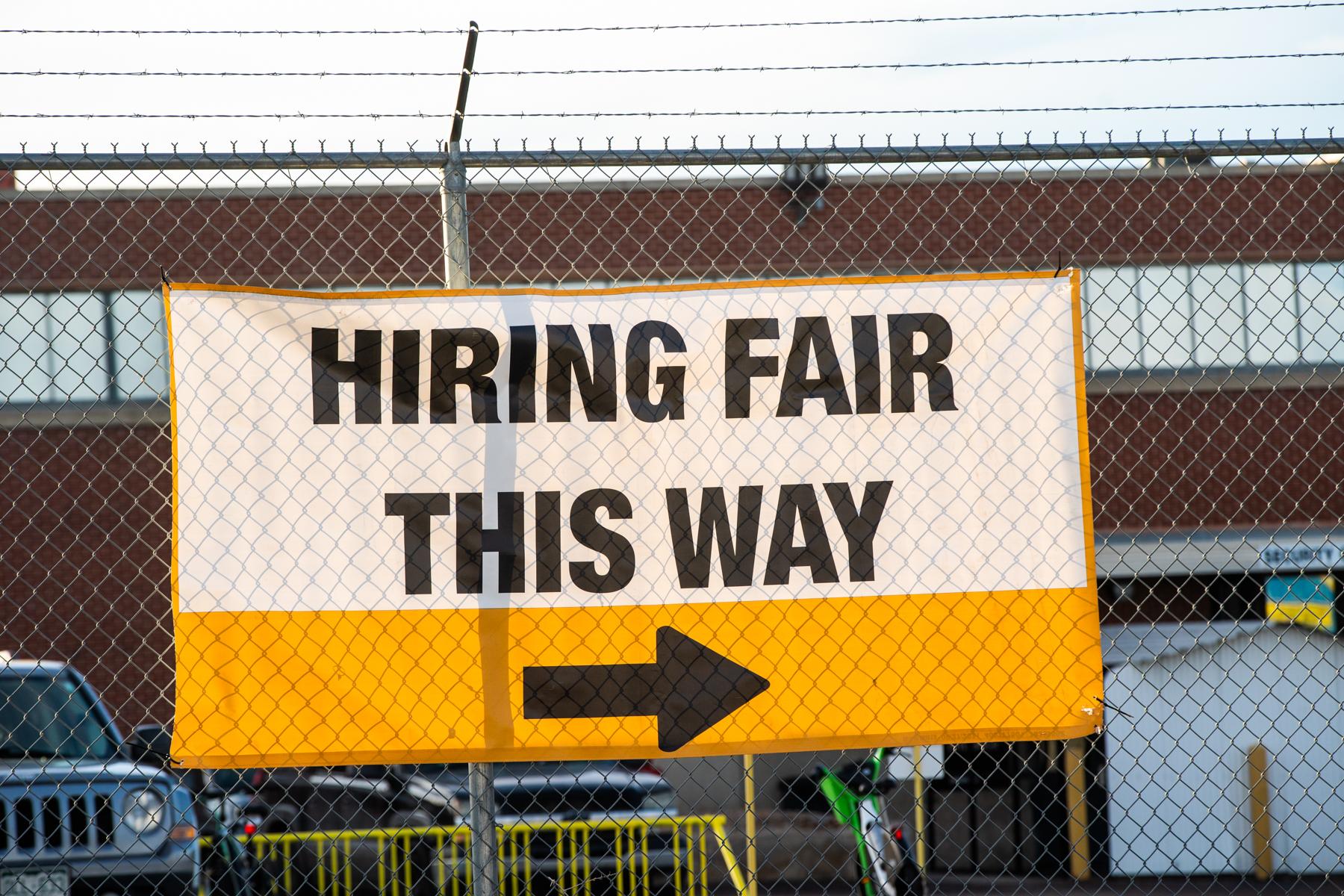
Colorado lost more than 6,000 jobs in the private sector last month, the most in more than two years.
The largest declines occurred in professional and business services, trade, transportation and utilities, and financial activities, according to the most recent data from the Colorado Department of Labor and Employment. Meanwhile, the government added 1,500 jobs.
Still, the unemployment rate ticked slightly lower to 2.8 percent. The conflicting signals are making it difficult to assess where Colorado’s job market truly stands, said state economist Ryan Gedney. It’s not clear what drove the drop in non-farm payrolls in March, he said, adding it seems odd to see such a large loss.
“It’s possible this could be a blip,” Gedney said during a conference call with reporters. “But … it can complicate how we're … reading the tea leaves.”
The state’s job market could be starting to show cracks as layoffs roll through large companies across the U.S., particularly in the technology sector at giants like Facebook, Amazon and Google. Just today, reports emerged that Lyft is cutting more than 1,200 jobs. It will be the company's second round of layoffs in six months.
Gedney said he’s not drawing conclusions from one month of data.
“Let’s wait until we see next month,” he said.
It could turn out that March wasn’t as weak as it appears as monthly data on payrolls are often revised as more information comes in, Gedney said. Although, that’s not always good news. For instance, February’s payroll numbers were revised downward by 3,200 jobs.
Economists are scrutinizing the job market, both nationally and in Colorado, for signs the Federal Reserve’s campaign to get inflation under control by raising interest rates is slowing the economy. Higher interest rates make it more expensive to borrow money, meaning it’s harder for businesses to grow and invest, potentially leading to job losses. The housing market, which is very sensitive to interest rates, was the first thing to start slowing and mortgage companies have taken big hits.
It’s notable that Colorado’s recent payroll numbers aren’t in line with what’s happening nationally. The U.S. added jobs in March, albeit not as many as forecast and at a much slower pace than the prior month. Colorado’s job market has grown 1.2 percent during the past year, compared with 2.7 percent growth nationally.
On the positive side, Colorado’s labor force increased by more than 10,000 in March, and the share of Coloradans in the workforce was stable at roughly 68 percent.
More stories about jobs and business in Colorado:
- David’s Bridal bankruptcy puts company’s 6 Colorado stores at risk of closure
- Rural Coloradans fear merger between King Soopers and Safeway will close stores and raise prices
- Colorado taxpayers have helped pay for 35 private weddings since 2021
- What do recent bank failures mean for Coloradans’ money?
- The Silicon Valley Bank meltdown is hitting some Colorado startups







